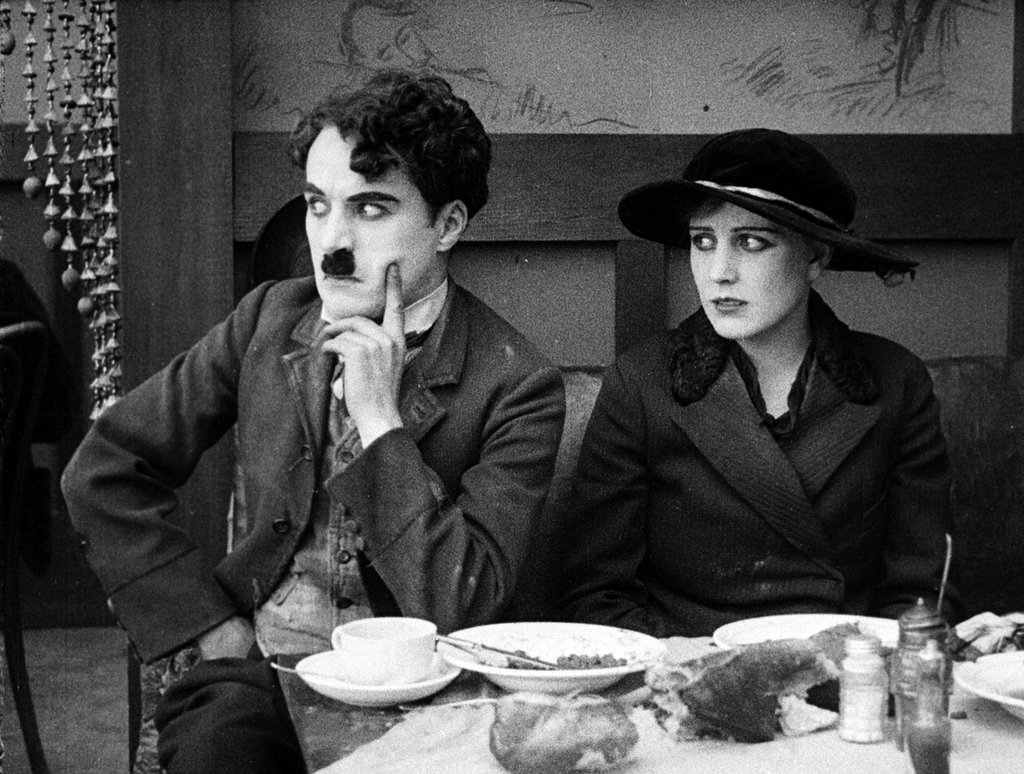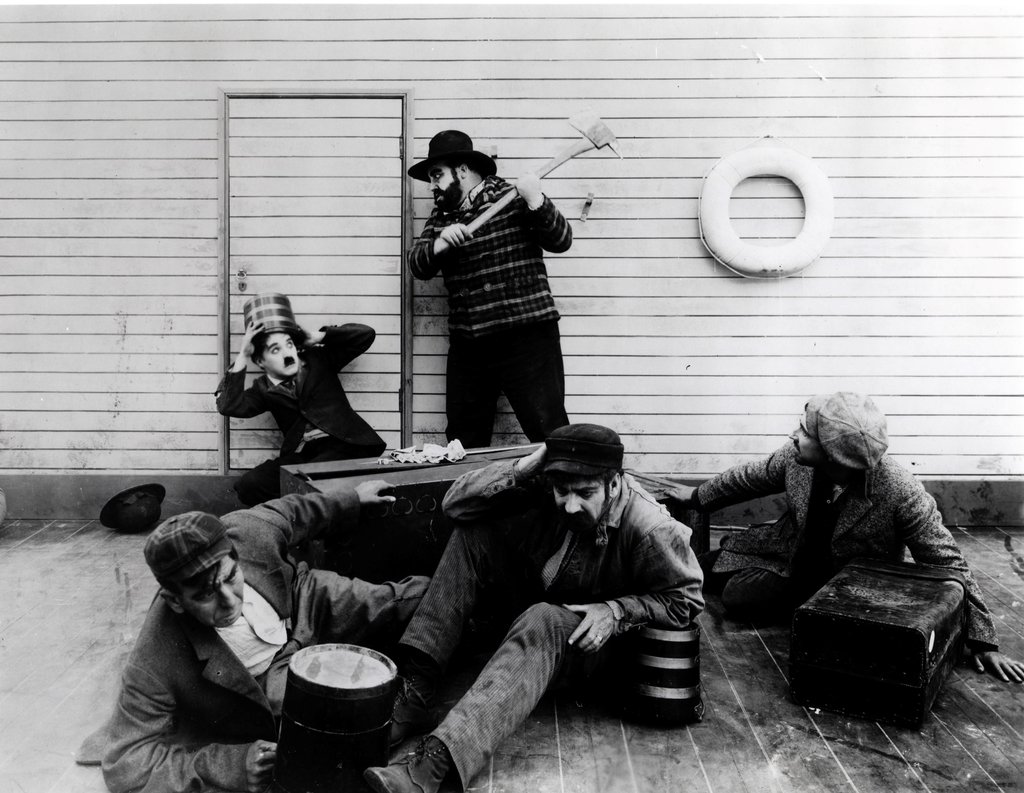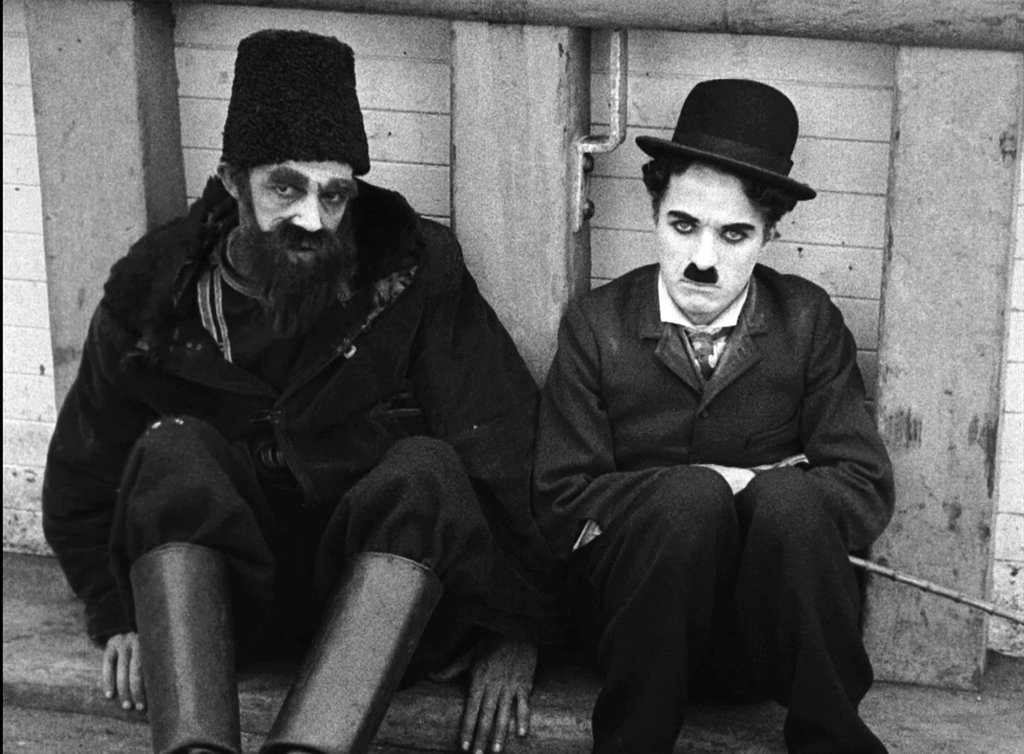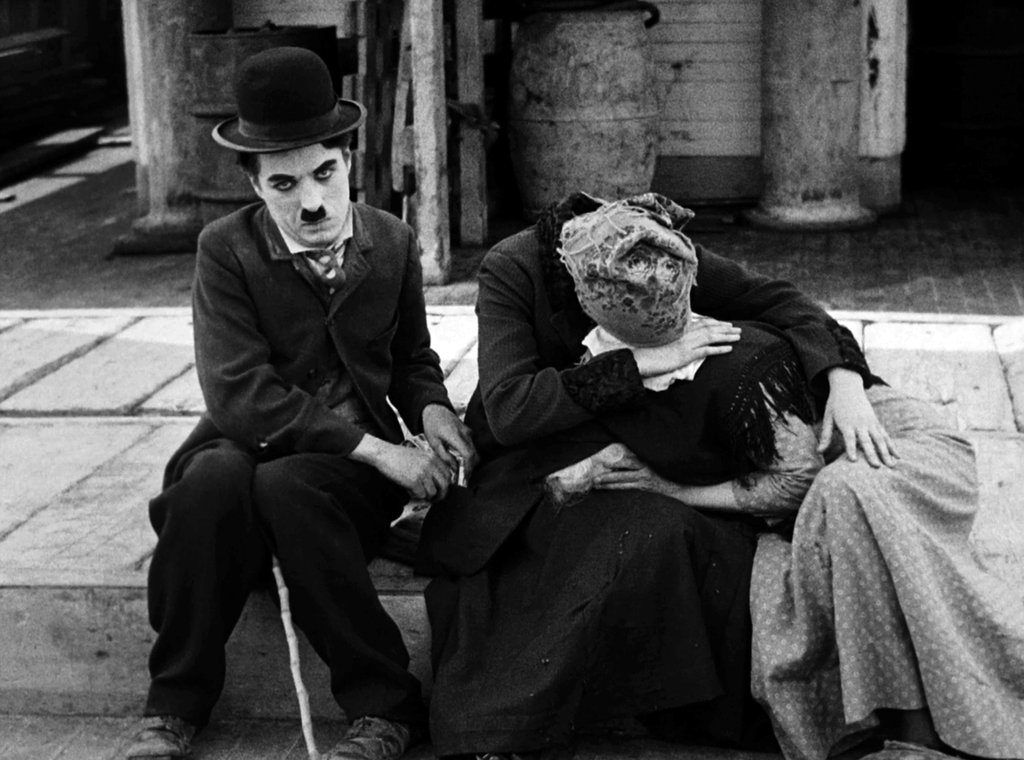At Beethovenfest 2024, Venezuelan Gabriela Montero combines music that reflects on exile with her talent for improvisation. Christoph Vratz spoke to Montero about her commitment to political freedom in her home country and around the world. He also explored how her improvisation on Charlie Chaplin’s silent movie »The Immigrant« actually works.
Pianist Gabriela Montero
In dialogue with Charlie Chaplin

There is no room for thigh-slappers here. Those who only laugh their heads off have not understood that there is not always something to laugh about. The great Charlie Chaplin showed a sharp sense for those in society who feel marginalized or lost. Especially in his 1917 movie »The Immigrant«, a topic that was just as relevant over a hundred years ago as it is today. Chaplin’s revealing and ambiguous comedy lasts barely more than twenty minutes.
Pianist Gabriela Montero is continually fascinated by the question of how the loss of home and the search for recognition in a new environment can be depicted on screen. »This is a constant theme these days: we see it in Russia, we see it in Venezuela and in many parts of the world.«
In concert, Montero will play along to Chaplin’s movie, which will be shown to the audience in the hall. »I have a small monitor in front of me and will improvise to the scenes.« But no matter where she performs, everything sounds different every time. »I do not have a strict plan, no fixed idea, not even a harmonious one. I always react spontaneously to the imagery of the movie, even though I know the story. There are so many touching moments in it.« She provides a second, simultaneous story to the image, her personal story in sound. »Chaplin tells the story very clearly, very directly. You can immediately sense the mood he wants to convey in the individual situations, and I respond to that musically.«
International renowned pianist Gabriela Montero, who has made a name for herself primarily through her improvisations, raises her voice resolutely against a turbulent world situation. »We musicians have a duty. We want to make people happy through our art, but at the same time we should draw attention to the fact that the world is coming apart at the seams and our democratic ideals are at risk.«
Montero lived for many years in the USA and then Spain. She was awarded the »Internationaler Beethovenpreis für Menschenrechte, Frieden, Freiheit, Armutsbekämpfung und Inklusion« in 2018. However, she does not want to »turn the concert stage into a political arena«. Away from the podium, more than a decade ago she critically pointed out the grievances in her country of origin, Venezuela. But »today the problems are more global and therefore more urgent. We humans are always looking for solutions. The search for a moral compass is becoming increasingly important.«
Montero, who is known for her carefully curated programs, confronts the improvisation on Chaplin's movie with works by three Russian composers. They all left their homeland – for different reasons: Sergei Prokofiev, Igor Stravinsky and Sergei Rachmaninov, who emigrated in 1917 and never returned to Russia from his exile. »These composers were already asking themselves the big questions of life and reflecting their own role within the world in their music,« says Montero. »The respective social and political circumstances had a significant influence on their language, the language of music, and that is what makes these works so exciting.«




